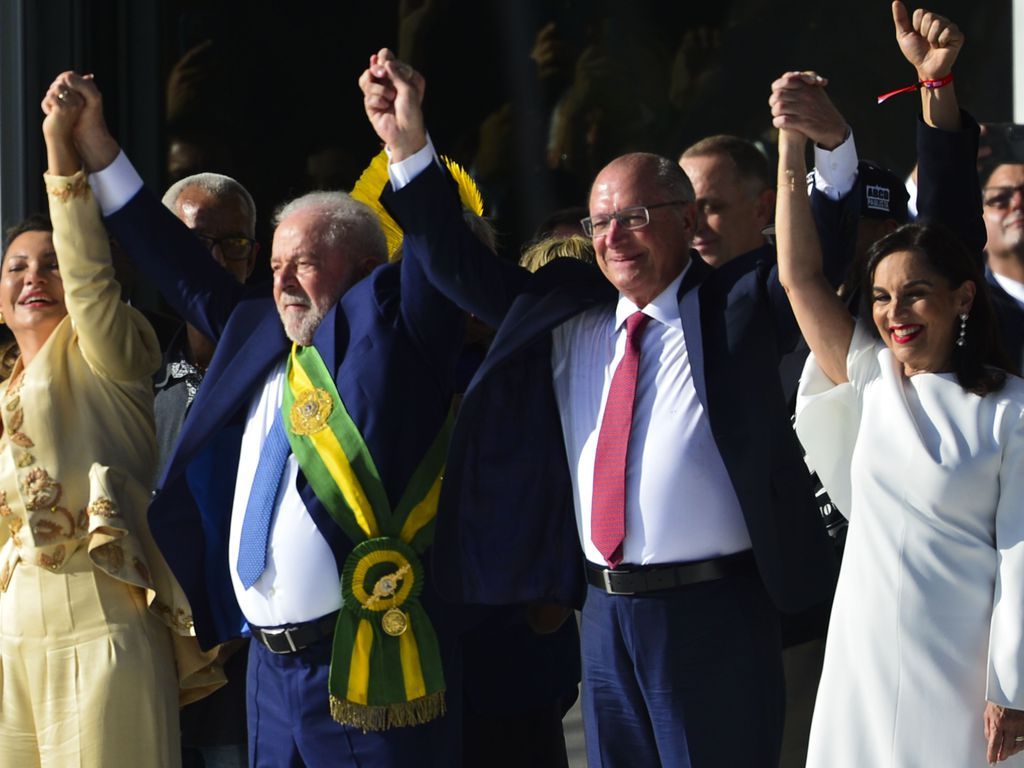Shortly after being formally sworn in as Brazil’s 39th president, Luiz Inácio Lula da Silva issued an emotional inauguration speech from atop the ramp of the Planalto Palace, promising to “govern for all 215 million Brazilians” and breaking down in tears when discussing Brazil’s pressing hunger problem.
With former President Jair Bolsonaro abandoning tradition and leaving the country to avoid passing on the presidential sash to Lula, the new president received the sash from a group of people representing Brazil’s minorities and marginalized groups, including indigenous leader Raoni Metuktire.
He began his inauguration address thanking those who held daily vigils outside the Federal Police headquarters in Curitiba in 2018 and 2019, while he was in jail for now-quashed corruption sentences.
While an earlier speech in Congress was hard-hitting, promising not to forgive Mr. Bolsonaro for the “genocide” he led during the Covid pandemic, this address was more conciliatory. Lula stressed that he wants to dialogue with those who did not vote for him, promising to “govern for everyone, looking forward to our shining future, not our past.”
“A country permanently at war is no good for anyone, neither is a family living in disharmony. It’s time to rebuild our ties with friends and family, broken by hate speech and the spreading of lies,” said the new president, in reference to the misinformation tactics employed by former President Bolsonaro.
“There’s no such thing as two Brazils. This is one country, a grand nation,” recalling his victory speech after the October election. “Divided, we will always be the country of the future that never arrives.”
Lula dedicated a significant part of his speech addressing the growing problem of hunger in Brazil, linking its return with rising inequality. “Hunger is the child of inequality, which is the mother of the great evils that delay the development of Brazil.”


 Search
Search






































